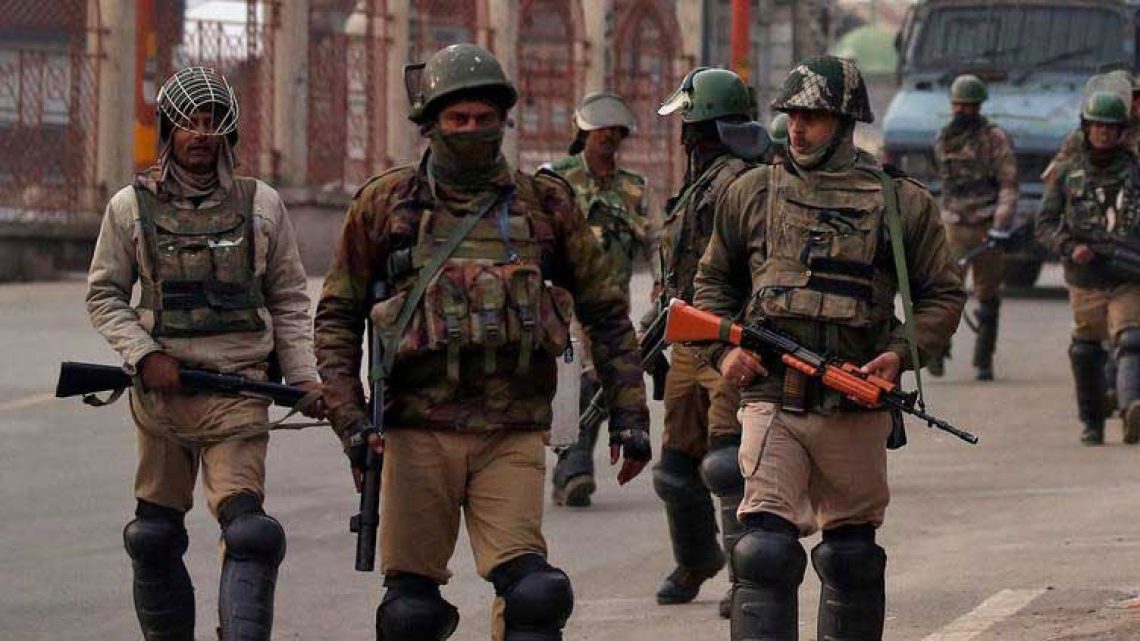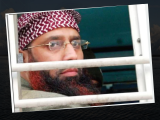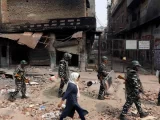
Silent Tragedy: Over 96,290 Lives Lost in IIOJK as International Community Remains Mute
February 6, 2024In the strife-torn region of Indian-occupied Jammu and Kashmir (IIOJK), decades of violence, arrests, disappearances, and crackdowns by Indian forces have left an indelible mark on the Kashmiri people’s relentless pursuit of self-determination, a right guaranteed by the United Nations. The recent reports have brought to light the severity of the deepening human rights crisis in the occupied territory.
The figures presented in the reports are staggering, revealing that over 96,290 Kashmiris, spanning multiple generations, have lost their lives since the initiation of the ongoing resistance against India’s illegal occupation in 1989. The reports meticulously highlight the persistent state terrorism inflicted by Indian forces, creating a bleak landscape where atrocities, torture, cordon and search operations, house raids, and harassment have become the norm. This has plunged the lives of Kashmiris into a perpetual state of tragedy and trauma.
The situation took a turn for the worse on August 5, 2019, when the Modi-led Hindutva Indian government violated international laws by dividing IIOJK into two union territories and imposing a military siege. This unprecedented siege has effectively turned IIOJK into the world’s largest open-air prison, subjecting the Kashmiri population to stifling conditions and severe restrictions on their daily lives. The reports raise a dejected question, questioning how long Kashmiris must endure humiliation and urging the international community to break its silence. It emphasizes that the right to live is applicable to Kashmiris as well and implores the world to intervene.
The reports vehemently condemn the RSS-backed Hindutva government, attributing it to the agony experienced by Kashmiris. Modi’s pursuit of a Hindutva agenda in IIOJK is identified as a cause of innocent lives being lost, with Muslims disproportionately targeted as victims of this ideology.
To conclude, the reports call on the global community to recognize Kashmir not as an internal matter for India but as a pressing global issue. The international pressure on India to cease its brutal occupation of Kashmir is urged, the violation of international laws in the occupied territory is underscored. The figures presented in the reports underscore the urgent need for collective action to address the alarming human toll in the occupied territory. As the reports echo the plea for intervention, also add voice to the growing chorus demanding justice and an end to the prolonged suffering of the people of IIOJK.

